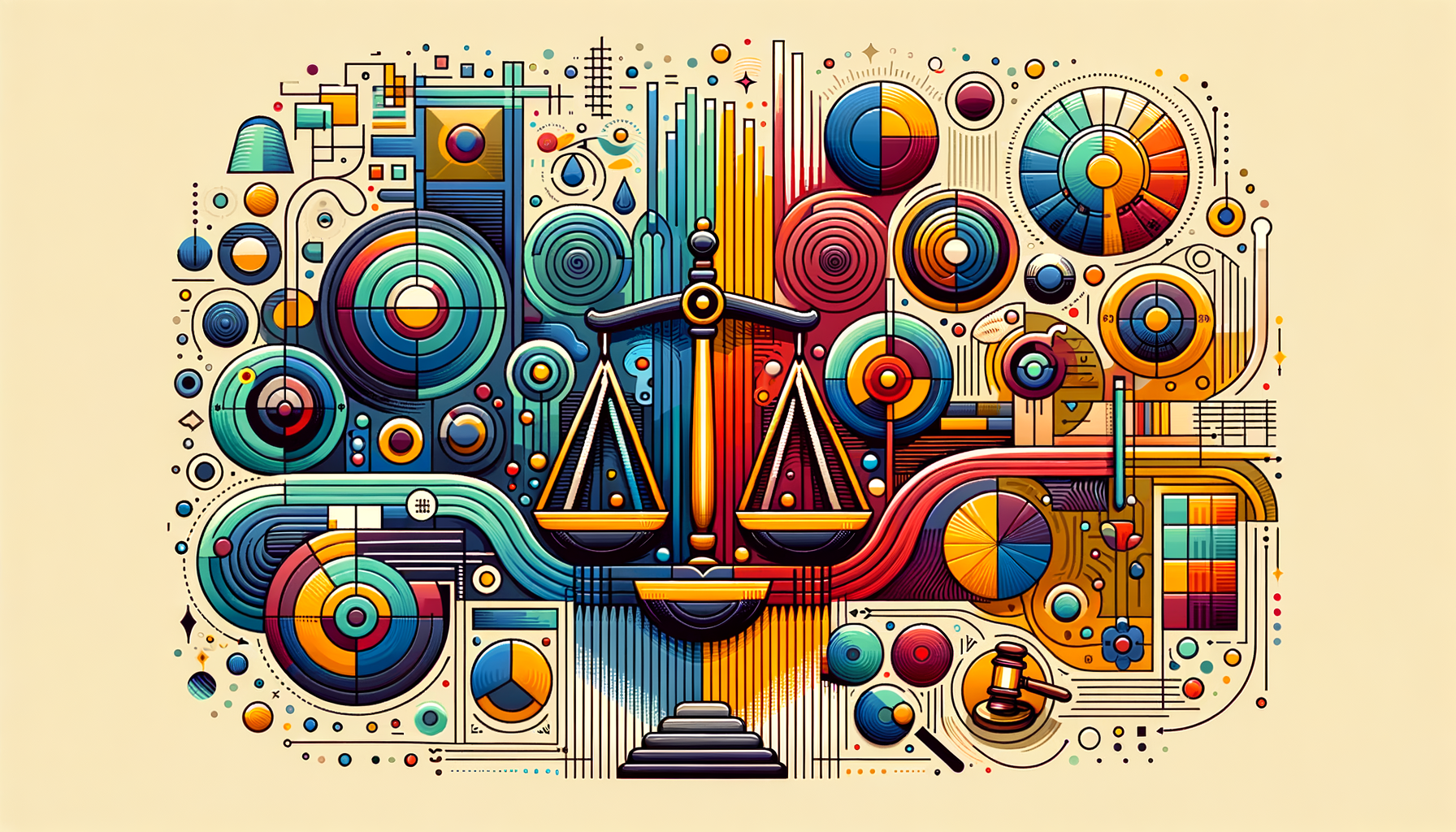Legal Design
In the complex world of law, where understanding and access to information are crucial, Legal Design offers an innovative response to the challenges of clarity and efficiency. This modern approach enters the dance with the promise of revolutionizing the way professionals and the public interact with the law.
What is Legal Design?
Legal Design is a methodology that combines law and design to make legal information more accessible, understandable and engaging for all concerned. It relies on principles such as simplicity, utility and user experience to create legal solutions that are not only legally effective, but also enjoyable to use.
The Foundations of Legal Design
Clarity First
A major challenge for Legal Design lies in the clarity of information. Indeed, in a constantly evolving legal world, it’s essential to present data in a way that makes it easy to grasp. This includes drafting simplified contracts, creating visualizations for legal processes and developing intuitive user interfaces for legal software.
The User at the Center of the Process
Centralizing the user experience means building the legal path around their needs and preferences. This may mean integrating emerging technologies such asartificial intelligence to personalize the legal experience, or using data mining to anticipate and respond to customer needs.
Innovation and Creativity
Innovation is at the heart of Legal Design. This may involve exploring new legal avenues such as blockchain and smart contracts, transforming the way agreements are formalized and executed.
The Impact of Legal Design
Making the law accessible
The first impact of Legal Design is the democratization of access to legal information. By making the law more accessible, we pave the way for greater understanding and fairer justice for all.
Improving Legal Communication
Communication between lawyers, customers and stakeholders benefits greatly from clear visuals and explanations. Legal Design promotes this quality of communication, and can even play a role in online dispute resolution.
Optimization of Legal Services
Legal services are becoming more efficient and user-centric thanks to the contributions of Legal Design. This efficiency can be seen in the automation of services, such as Contract Lifecycle Management, making legal processes more agile and less costly.
Frequently asked questions
Here is a list of frequently asked questions about Legal Design:
Is Legal Design only geared towards the digital world?
No, although Legal Design benefits greatly from the contribution of digital technology, its objective is to improve access to and understanding of the law, whether via digital or traditional media.
Is legal design just for lawyers?
Absolutely not. Legal design concerns lawyers, clients, companies and even the general public. Its aim is to improve the legal experience for all users of the law.
How can Legal Design transform contracts?
By applying Legal Design principles to contracts, they become clearer, more understandable and more user-friendly. This may involve using visualizations, simplifying language or even integrating interactive processes such as electronic signatures.
Legal Design represents a promising advance in the legal field, offering a new perspective on how the law can be practiced and perceived. By facilitating interaction between all users and the legal system, it paves the way for a more transparent and efficient legal era.




